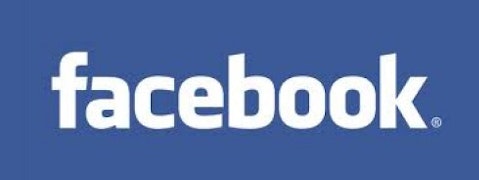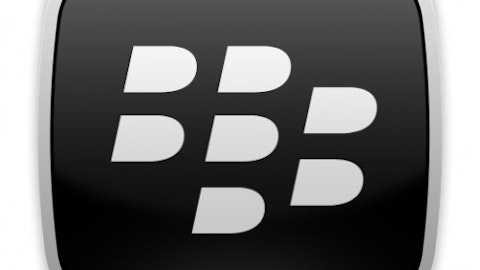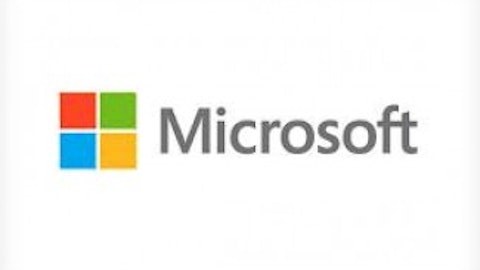When Facebook Inc (NASDAQ:FB) announced the launch of Graph Search earlier this year, the market seemed underwhelmed. Graph Search is great for finding new friends and getting restaurant recommendations. However, investors didn’t see it posing a real threat to Google Inc (NASDAQ:GOOG).
Yet, Graph Search was just a small step in Facebook’s plans to beat out Google. Last Thursday, it made another with the purchase of Atlas from Microsoft Corporation (NASDAQ:MSFT).

The biggest problem brands have with Facebook Inc (NASDAQ:FB) advertisements is that there’s no great way to measure return on investment (ROI). Unlike Google, where the attribution of keyword search to ad clicks to website conversions is quite clear and traceable, no such system exists on Facebook.
Atlas provides the tools to show how users engage with Facebook Inc (NASDAQ:FB) ads. More interesting, however, is that marketers can use Atlas to track campaigns on websites outside of Facebook, across desktop and mobile, and even compare Facebook ads to traditional media like TV.
Once marketers begin using these tools to advertise on Facebook.com and track their off-Facebook campaigns, Facebook can use the data to tweak, test, and improve the efficacy of advertising on its website. Proving the value of advertising on its site will give Facebook the ability to raise pricing to the same levels as Google.
Mobile
Perhaps the most exciting thing about the Atlas purchase is that it gives Facebook Inc (NASDAQ:FB) a leg up in the race to solve the mobile advertising puzzle. Atlas Product Director of Ads Gokul Rajaram points out, “One of the big things we hear from marketers and agencies is that the current ad serving systems do not support mobile.”
With more than half of users accessing its website through mobile devices, Facebook Inc (NASDAQ:FB) is committed to building a mobile device ad serving solution for Atlas. Such a system will provide marketers with detailed analytics for marketers to analyze the efficacy of mobile advertisements versus desktop. It also provides Facebook with the data necessary to improve ad placement, and test new ideas.
Currently, mobile ads garner about half the price of desktop. This is one of the main reasons mobile ads contributed less than one-quarter of advertising revenue in the company’s most recent quarter. Detailed analytics will allow advertisers to improve the effectiveness of mobile ads, and Facebook to increase its mobile advertising prices.
Ad network
When Google bought DoubleClick in 2007, it expanded its reach from search advertising to display advertising on other prominent websites. Microsoft was quick to snatch up DoubleClick competition aQuantive, of which Atlas was a part, in an effort to compete. Now, Facebook will look to do just what Microsoft couldn’t in creating an ad network capable of competing with Google.





